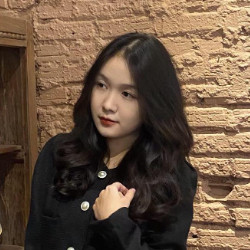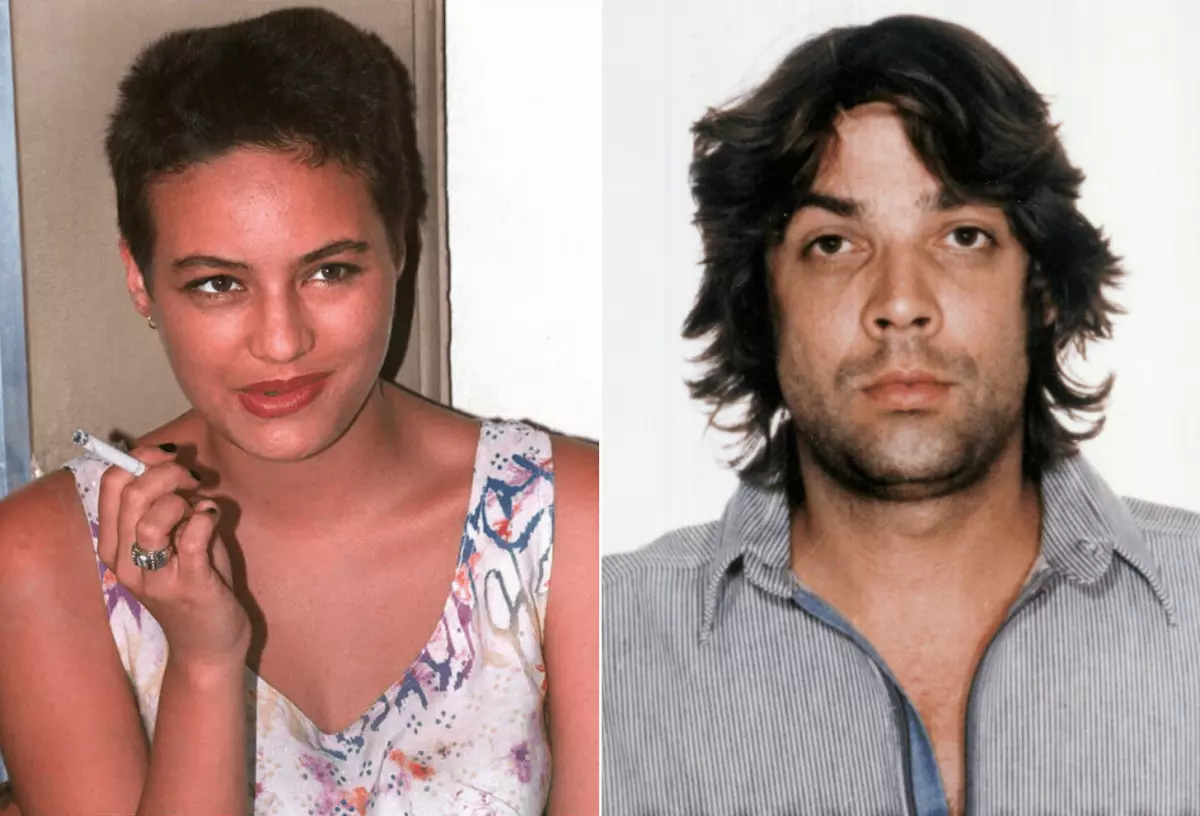Since she was six, Karthoum Dembelé has been playing football in the Parisian suburbs. Inspired by great football talents that have emerged from these neighborhoods, Dembelé fell in love with the sport. However, as a Muslim woman wearing the hijab, her dream of playing football is hampered by French politics. The French Football Federation (FFF) maintains a ban on the wearing of "conspicuous religious symbols," including the hijab, despite FIFA lifting its own ban in 2014.
The controversial "anti-separatism" bill in France has reignited debates over what Muslim women can or cannot wear. This bill aims to combat "Islamist extremism" and strengthen secularism, but it has faced criticism for stigmatizing Islam and its followers. It is disheartening to see that France remains the only country in Europe that excludes hijab-wearing women from most sports competitions.
In response to these discriminatory regulations, a collective called Les Hijabeuses has emerged, led by Dembelé and other young hijab-wearing female footballers in Paris. Founded by researchers and community organizers from the Citizen's Alliance, Les Hijabeuses now has around 150 members and nearly 5,000 followers on Instagram. They have staged protests and written letters to the FFF, demanding an end to the exclusion of Muslim women from football.
The movement seeks to promote inclusive football that integrates all women, irrespective of their religious attire. They want to emphasize that wearing the hijab should not be a reason for exclusion from the pitch. Dembelé states, "For the FFF, now, it’s time to wake up … I think they look more at our faces than our talent."
The ban on hijabs in football has faced criticism for its vagueness, purposefully perpetuating the exclusion of Muslim athletes. Members of Les Hijabeuses have encountered countless instances of targeting and discrimination on the pitch. Founé Diawara, one of the collective's prominent players, was told by a referee to choose between taking off her hijab or remaining on the bench. These incidents force Muslim women to make the difficult choice between their religious identity and their passion for the sport.
The FFF rulebook claims that the wearing of any sign or clothing expressing a religious affiliation is forbidden in official games. However, on another page, it allows the wearing of accessories that do not involve proselytizing and comply with health and safety regulations. This contradictory stance has led hijab-wearing footballers to find creative ways to continue playing, such as obtaining doctor's certificates for alternative headwear.
The hijab ban is not solely an issue of Islamophobia but intersects with gender, race, and class discrimination. Islamophobic discourse has been on the rise in France since the 1990s, leading to heightened discrimination against Muslim women. The ban on hijabs contributes to a feeling of exclusion and rejection. However, the collective support and camaraderie within Les Hijabeuses provide hope and a sense of belonging for these women.
Representation is crucial in breaking down barriers and normalizing diversity in sports. Dembelé expresses her frustration with the lack of representation for hijab-wearing women in football and hopes to inspire young Muslim girls across the country. Shireen Ahmed, a sports activist, emphasizes the importance of allowing athletes to decide their uniforms and normalizing diversity in sports.
The responsibility lies not only with the FFF but also with FIFA, as France violates its statutes. FIFA must monitor the situation and ensure that its own regulations are upheld. The fight for inclusivity in football continues, fueled by the determination of these young women. Dembelé hopes to be a representation for young girls and to show them that anything is possible.
The journey towards inclusivity may be challenging, but with movements like Les Hijabeuses, change is inevitable. These young women are breaking barriers and paving the way for a more inclusive future in football. As they fight for their rights, they inspire others to embrace diversity and create a more welcoming environment for all women in sports.
















